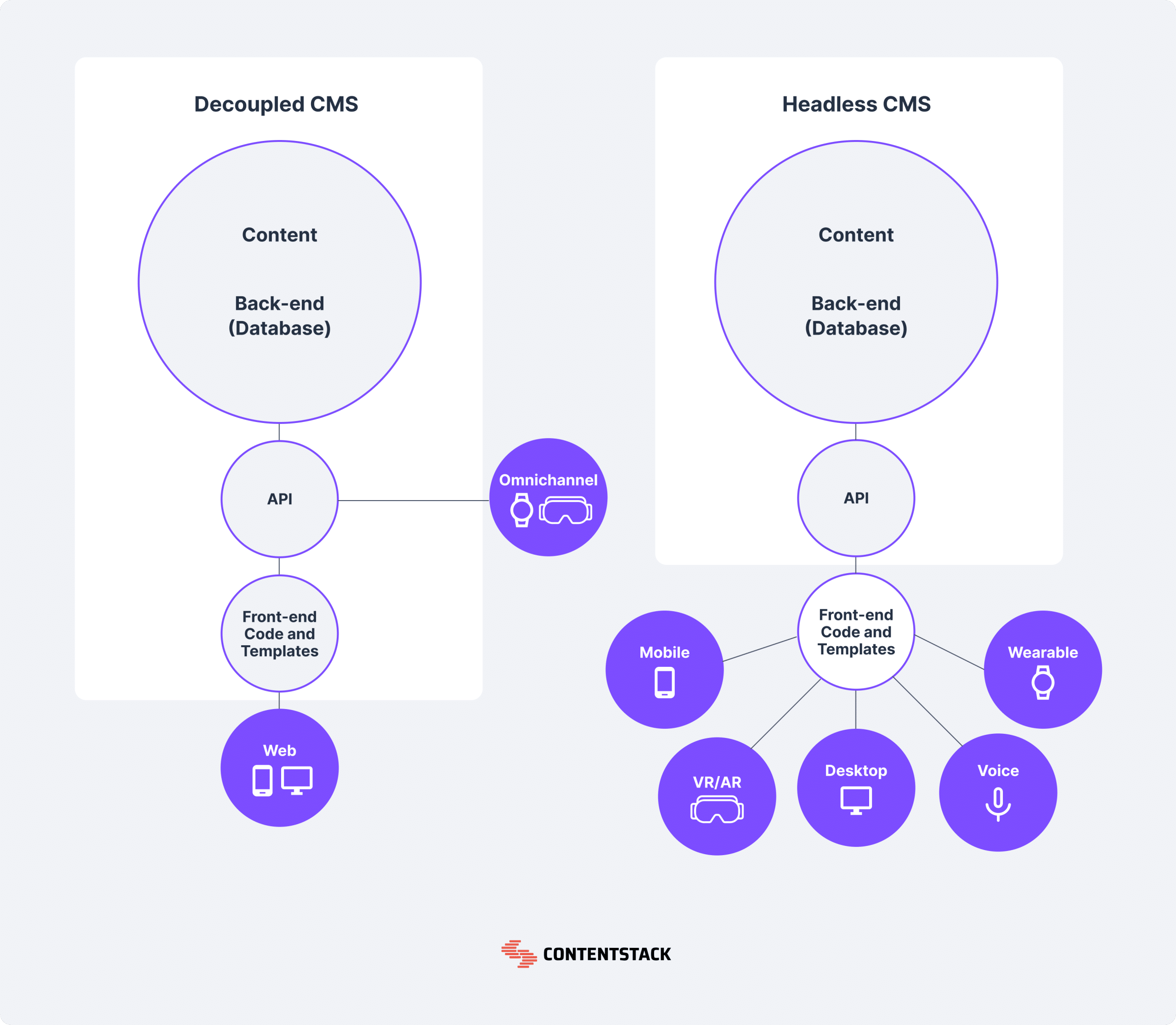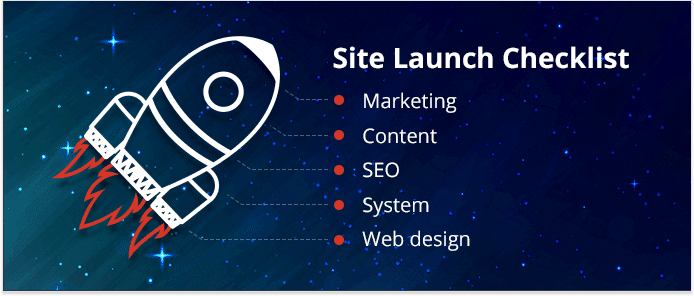Legal Tips for Using Media Online

Using media online—such as images, videos, audio clips, and graphics—has become an essential part of building a website or creating content for digital marketing. However, with the ease of accessibility and sharing on the internet, it’s important to consider the legal implications involved in using various forms of media. Without proper understanding and respect for intellectual property rights, businesses and creators risk facing serious legal consequences. This article outlines essential legal tips for using media online to help you avoid copyright issues, ensure compliance with laws, and build a safer digital presence.
Understanding Copyright Laws for Media Usage
One of the first legal considerations when using media online is understanding copyright law. Copyright is a form of protection given to the creators of original works, including images, videos, music, and written content. The law grants creators exclusive rights to their work, which means that others cannot legally reproduce, distribute, or publicly display their work without permission.
What Is Copyright and Why Is It Important?
Copyright protects the creator’s work from unauthorized use. Whether you are using images, audio, video, or written content, if the media is copyrighted, you must get permission or a license to use it, unless the work is in the public domain or covered by a fair use exemption. Using copyrighted media without proper permission can lead to lawsuits, fines, and the removal of your content from platforms.
What Constitutes Fair Use?
Fair use is a provision in copyright law that allows certain uses of copyrighted materials without permission. Examples of fair use include commentary, criticism, news reporting, or parody. However, the concept of fair use is subjective and can vary depending on the context, so it’s always best to consult legal counsel when you believe you might be using a copyrighted work under fair use.
Getting Permission for Media Usage
Licensing Media for Legal Use
If you want to use media that is not in the public domain or covered by fair use, obtaining a license is necessary. A media license grants you legal rights to use a piece of content for a specified purpose. There are two common types of licenses: royalty-free and rights-managed.
Royalty-Free License: With a royalty-free license, you can use the media for various purposes without paying royalties, but you often still need to adhere to certain usage restrictions.
Rights-Managed License: A rights-managed license provides more specific control over how the media is used, such as the duration, territory, and type of usage.
When you license media, be sure to read and understand the terms of use, as violating the terms could lead to legal trouble.
Using Creative Commons Media
Creative Commons licenses offer a more flexible way for creators to share their work legally. These licenses allow creators to set specific permissions, such as allowing others to use, share, or remix their work, sometimes with attribution. There are several types of Creative Commons licenses with varying restrictions, so it’s crucial to understand what each license permits. Always check for the specific type of Creative Commons license attached to the media you want to use and make sure to follow the requirements (e.g., giving proper attribution to the creator).
Handling Copyright Infringement
What Is Copyright Infringement?
Copyright infringement occurs when someone uses copyrighted material without proper permission. This can include copying, distributing, performing, or displaying a copyrighted work without authorization. It can happen unintentionally, but the consequences are the same. Infringement can lead to serious consequences such as financial penalties, legal battles, and the loss of digital content.
.
How to Avoid Copyright Infringement?
To avoid copyright infringement, you should take several precautionary measures:
Use Media from Reputable Sources: Stick to media from trusted sources that clearly state the usage rights, such as stock photo websites, licensed music services, or platforms offering Creative Commons content.
Check Media License Agreements: Always check the license agreements before using media to ensure it’s permissible for your intended use.
Get Written Permission: If you plan to use media that’s not free to use, ask for written permission from the content owner. This ensures you have a legally binding record of the terms for usage.
Create Your Own Media: Whenever possible, create your own original media content, such as photos, videos, and music, to avoid the need to license third-party works.
Media Accessibility and Fairness
Ensuring Accessibility for All Users
As part of using media online, it’s essential to consider accessibility. Websites and digital content should be designed to ensure people with disabilities can access them. The Americans with Disabilities Act (ADA) has specific guidelines for accessibility, and not complying can expose businesses to potential lawsuits.
To ensure your website’s media is accessible:

Provide alternative text (alt text) for images.
Add captions or transcripts for videos and audio.
Choose accessible media players that are compatible with screen readers.
Considerations for Social Media and User-Generated Content
Social media platforms allow users to post their own content, but there are also rules about using others’ media. When sharing content on platforms like Instagram, Twitter, or YouTube, it’s important to understand the platform’s rules and how they deal with copyright violations. Many platforms have mechanisms in place, such as “Content ID” on YouTube, that detect copyrighted content and allow the original creators to claim it.
For user-generated content, make sure you have clear terms and conditions stating that users grant permission for you to use their content if they upload it to your site or social media. Without these agreements, you may be at risk of legal issues when using their content.
International Considerations for Using Media
Copyright Laws Vary by Country
While copyright laws generally follow international standards, the rules and regulations can vary from country to country. If you are using media internationally, be aware that the copyright laws in your jurisdiction may differ from those in other countries.
For instance, the length of copyright protection varies. Some countries protect works for the life of the author plus 50 years, while others protect works for life plus 70 years. Always check local copyright laws to ensure you are compliant if you’re using media from international sources.
Managing International Content Licensing
When licensing media for global use, ensure the license agreement covers the international territories where you plan to use the content. Different territories may have different laws and policies regarding media usage, and a license for one country might not automatically apply to others.
Conclusion: Protecting Yourself Legally with Media Usage
The digital world offers a vast array of media resources to enhance your website and content, but it’s important to use these resources responsibly and legally. By understanding copyright laws, obtaining proper licenses, avoiding infringement, and considering accessibility and international factors, you can navigate the legal aspects of using media online.
Remember that respecting intellectual property rights not only protects you from legal consequences but also builds trust with your audience and fellow creators. Always make sure to do your due diligence and seek legal advice when necessary to ensure you’re using media in a lawful and ethical manner.






